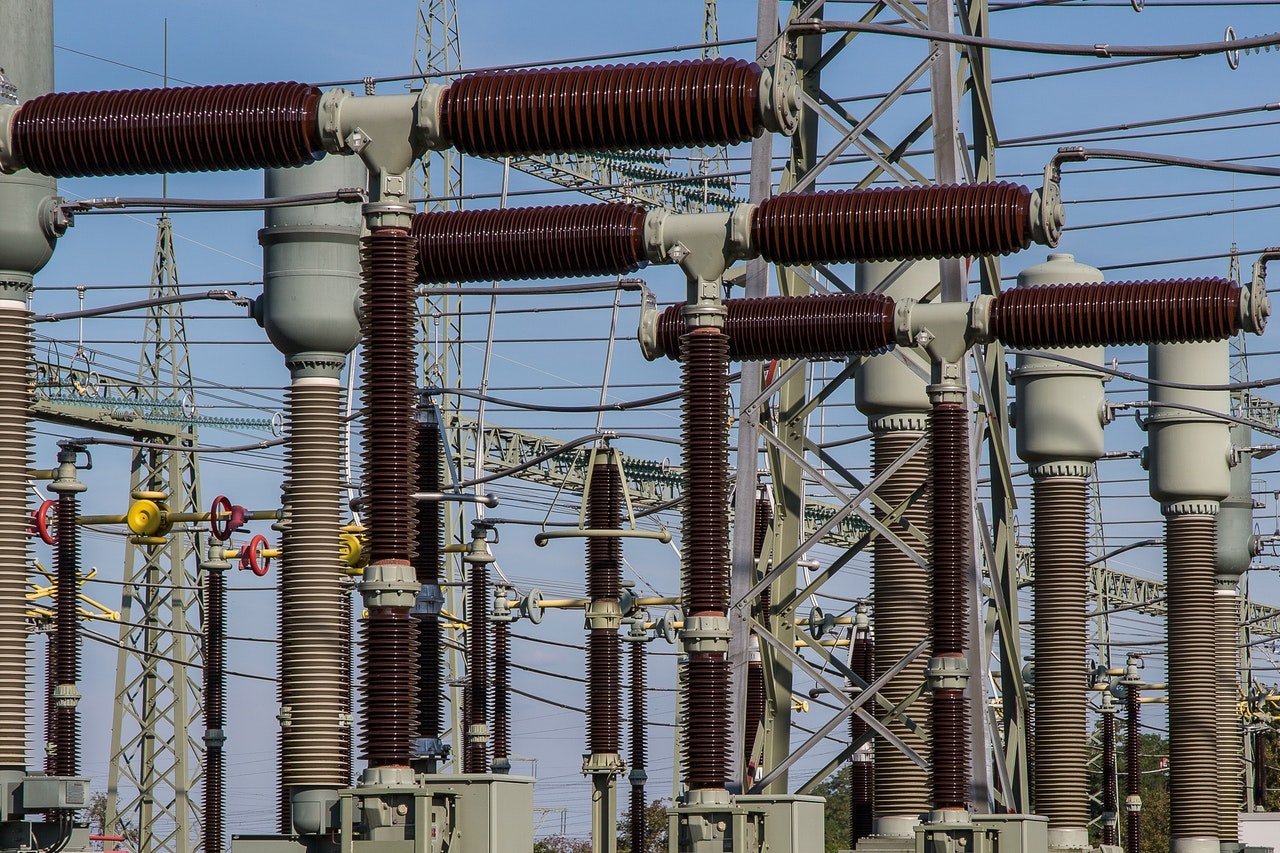
Photo by Pixabay.
[CW: This post talks about food. As a metaphor, and not from a disordered or body image place. But if food talk is a thing that is hard for you, we wanted you to know up front.]
Last weekend we were talking with our big kid about food. She has declared that she wants to run a restaurant, and waves us off when we tell her they are very hard to run well. To be fair, we’ve never run one either.
We answer her questions about nutrients and calories. But we push back. “Food isn’t just nutrients and calories, though, kiddo.” We talk about reductive nutritionism. We talk about how it can be unhelpful, and unhealthy, to break food down into its constituent elements. Important things get lost along the way. We tell her that a good strategy for avoiding that loss is to eat real food – basic, recognizable, non-reduced, non-optimized food. Neither of us grew up in houses that talked about this stuff in depth. And from a place of not knowing, it’s hard to know what you’re missing.
A few days later we were catching up with a the owners of a phenomenal office design company. The people who built out RSG HQ. We’ve known them for more than a decade and when it was time for us to build out our space, there was no one else we even called. They get, in a deep way, how important it is to build livable space. That you can buy cool lights and cool furniture and cool signage and still have a hollow, inhuman space. When we were planning our move, they insisted we have live plants, because, “if you can’t grow plants, you can’t grow people.”
And when you talk to them, you have this sense that they want to scream. Flexible work is a wonderful thing, but everywhere they look they see people trying to put in a work week in spaces that don’t support it. Cramped home offices, dining room tables. Bathrooms. The passenger seat of the car. Yes, technically you have wifi and a place to put a laptop and headphones. You have the ingredients you need to work. But so many important things are getting lost along the way.
It’s like we’re socially malnourished. This diet of zoom and slack and email gives you the appearance of a complete workplace, but it isn’t complete. There’s enough nutrition there to keep us going, but not enough for us to feel healthy. Not for all of us, anyhow. Some folks are getting what they need, and having their remote work glow up during pandemic. But others are finding the whole thing, well, tremendously difficult. It shows.
Like those stats you read (well, up in Canada anyhow) about how half the population walks around chronically vitamin D deprived. We’re seeing the accumulated effects of six months of global social anemia.
Eat when you’re hungry
The global pandemic workday is 48 minutes longer. Did you read that? Back in April there was US-specific data suggesting folks were picking up an extra three hours a day.
When you’re dealing with a vitamin D deficiency, the remedy is to go get some. Not to stay inside for another 48 minutes and 1.4 emails. You have people on your teams who are starved for a thing that zoom calls aren’t giving them. Unpaid, unforced, joyful human connection.
It’s not enough just to notice that your people are hungry. We’re seeing a lot of HR teams shoving food at their people like the elderly grandma who lives next door. You look hungry. Eat. Eat. You look tired. Why don’t you take a vacation? If you have grandparents who do this, you already know the deeply engrained reaction. You put one hand over your stomach and one hand up in the air and say, I’m ok. Really.*
The desire of the HR team to feed the people in their organizations comes from a good place. And they’re right, of course. We’re all walking around hungry and tired. And leave it to the people in charge of people to notice first.
But it falls flat because the people on the receiving end know three important things. And as a boss, you’d be wise to take note.
-
They feel lucky to have a job. However tired they are, however weary, your people all know someone – a spouse, a parent, a friend – who got laid off at the start of all of this and is still trying to land on their feet.
-
They want to keep the job they’ve got. Yes, it’s likely that your engagement surveys show happy worker bees buzzing away. And it’s possible that’s spot on, but it brings us to the third point…
-
They are unreliable narrators. From that mix of exhaustion and gratitude and uncertainty, your people come back to the tool they’ve been deploying this whole time. They tell you they’re fine and hope you don’t ask too many follow up questions.
Quietly, we talk about the other reason people don’t want to take a vacation or prioritize downtime. It’s not because they don’t need one. They do. It’s because of the precariousness of *looks around* everything. The idea of zeroing out a balance of required-by-law vacation payout to sit at home when we’re already sitting at home seems foolish. The rationale is based in a scarcity mindset and it goes something like this. In the event that I find myself without a job, well, I’ll have plenty of time to sit at home then.
Our people know what they’re supposed to do to feel better, to avoid burnout, to invest in their own resilience. And they’re not doing it.
This isn’t meant to make you paranoid. It’s meant as a gentle nudge to the bosses and people leaders to think about how you design, given the constraints of the moment. Your old vacation system was likely pull-based, where people put in a request when they needed time off. A redesign might look more push-based, where we shut the office to extend a long weekend. Or we deploy something like summer hours to normalize downtime even if people aren’t going anywhere.
We’re not going to chastise people into taking care of themselves. But we can think about how to make our people feel safer doing so. How to give them room to do it without needing to ask permission, or feeling like it’s an indulgence that other people on the team aren’t taking. How to lighten workloads to so that our team members don’t dread time off because of the pile-up waiting for them next Monday.
Work can’t really feed the social absence that we’re all feeling. But work can give everyone more explicit room to feed themselves. As bosses, that’s a thing we can do right now.
– Melissa and Johnathan






